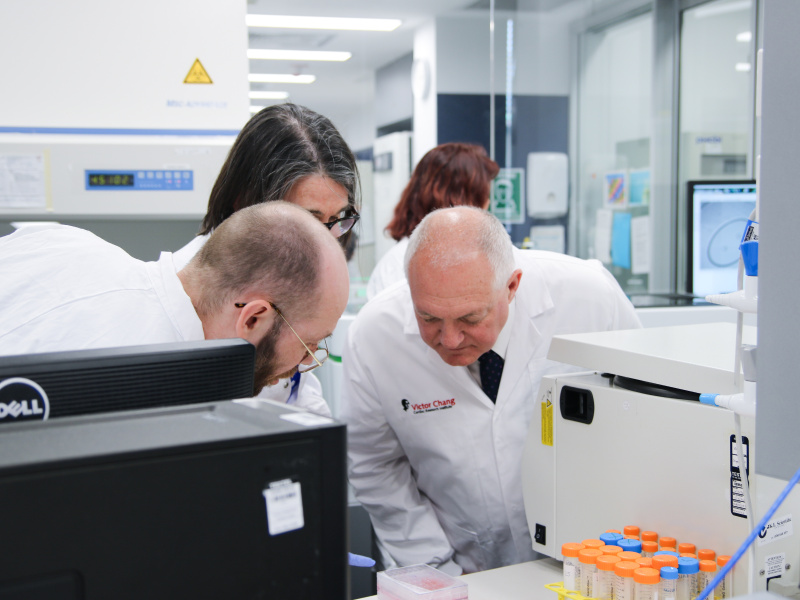Human cell or tissue-based research technologies that reduce the need for animals in medical testing have landed a $4.5 million boost in New South Wales.
The state government on Thursday announced the Non-Animal Technologies Network (NAT-Net) of experts from leading universities and research institutes would be established to develop innovative alternatives.
The network will seek to accelerate progress through a research grants program and develop new regulation to support alternative medical research technologies.
This includes non-animal technologies, such as organoids grown from stem cells, machine learning and artificial intelligence, or using human cells or tissue in clinical trials of medical technologies.
Models of organs that more closely replicate human physiology, such as organs-on-chips or complex multi-organ models, are better suited for human drug development than animals.

The University of NSW, University of Wollongong, University of Technology Sydney, University of Sydney and the University of Newcastle, the Victor Chang Cardiac Research Institute, Children’s Medical Research Institute and Hunter Medical Research Institute are represented on the NAT-Net.
According to a CSIRO report, development of organs-on-chips and organoids alone could be a $1.6 billion annual revenue opportunity by 2040 and create 5,000 new jobs.
New South Wales minister for medical research David Harris said the government investment marks the “first time a network of this kind has been established for non-animal technologies in NSW, and it will significantly enhance the state’s ability to make scientific breakthroughs”.
“We know that non-animal technologies in medical research are the way forward and NAT-Net will be a driving force behind these exciting Australian-first developments led by NSW.”
In March, the NSW government became the world’s first to ban ‘forced swim tests’, which put animal test subjects in water tanks they could not escape.
Researchers said the practice was causing “horrific animal welfare issues” during a parliamentary inquiry in January 2023.
Do you know more? Contact James Riley via Email.

